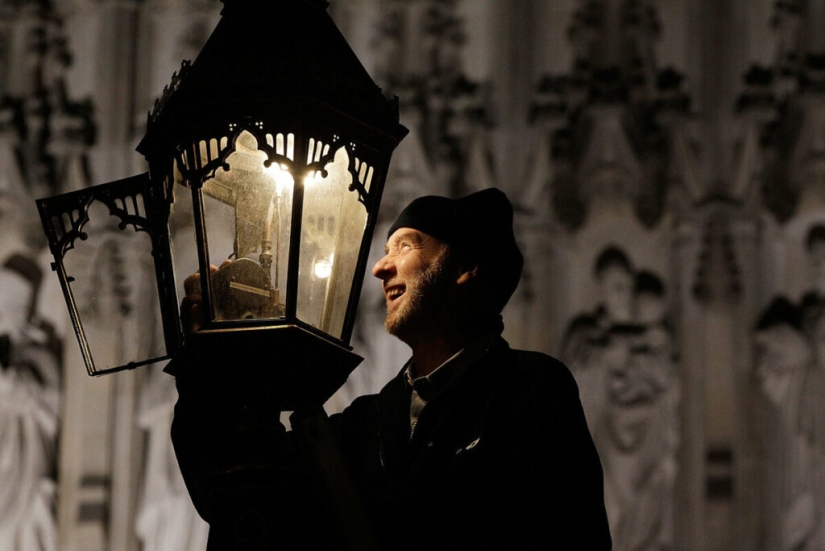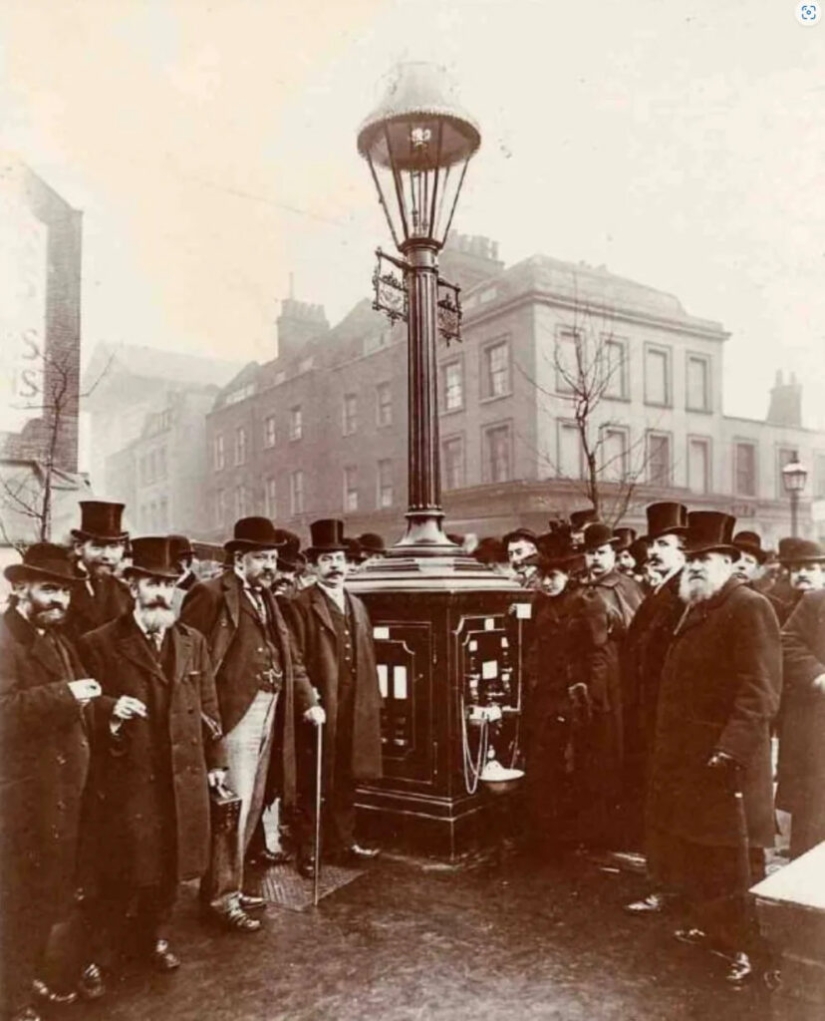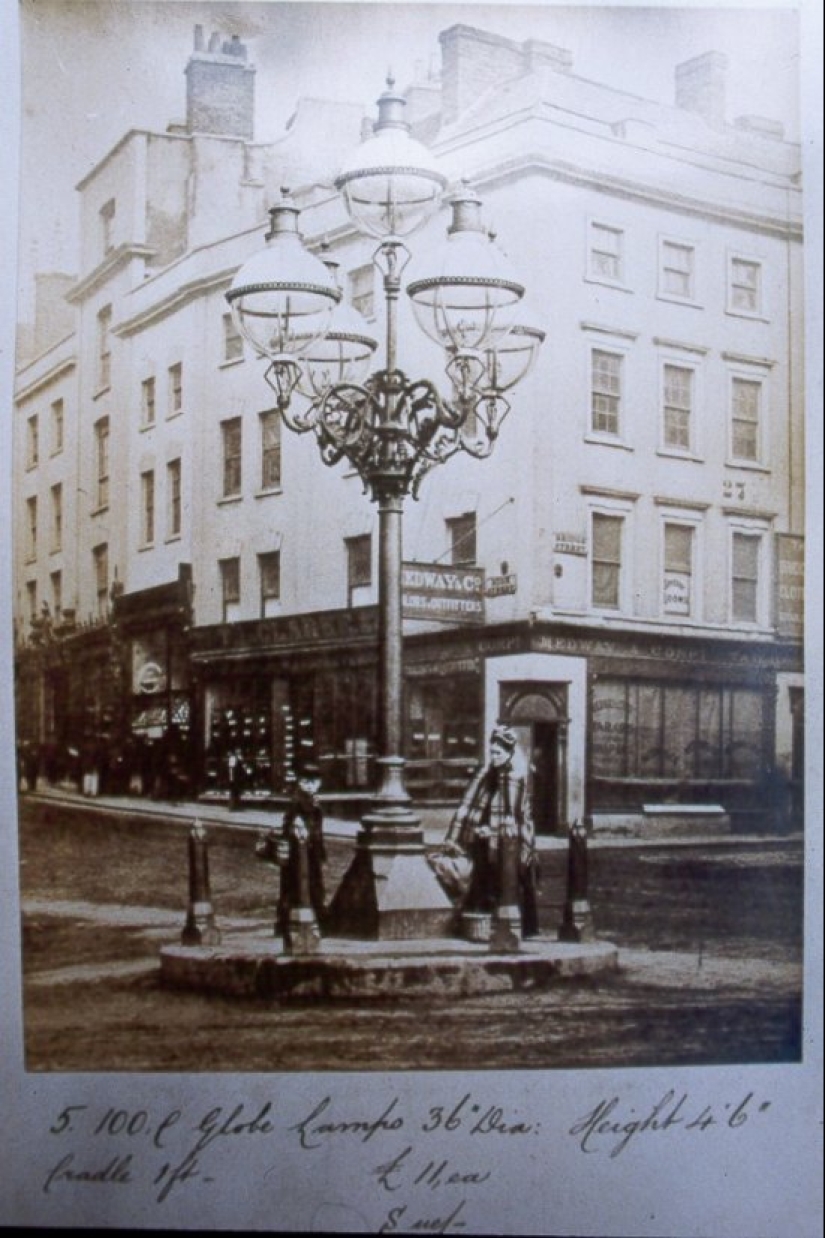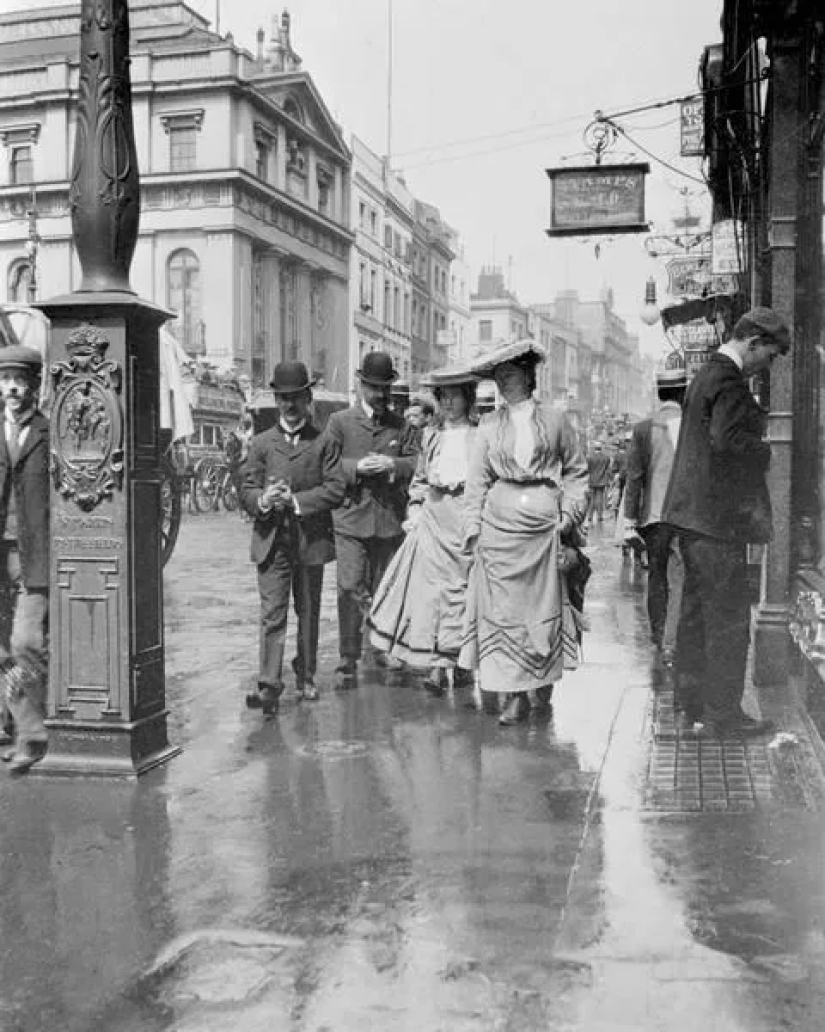The story of Pluto Lamp: how a Briton taught lanterns to sell coffee and call the police
Categories: History | Technology
By Pictolic https://pictolic.com/article/the-story-of-pluto-lamp-how-a-briton-taught-lanterns-to-sell-coffee-and-call-the-police.htmlWhat functions do you think, besides lighting, can street lamps perform? Well, unless you count their use as makeshift bulletin boards. In London during the time of Queen Victoria (and this era was rich in strange inventions), they were taught to sell food and drinks, as well as connect people with the police. And these were not even electric, but gas lighting fixtures.

In the 1890s, several unusual lanterns appeared in London. They not only illuminated the streets, but also served as vending machines and could also connect passers-by with the police. At that time, street lighting was gas. Each lantern was not only a source of light, but also thermal energy, which was wasted.

In 1896, an engineer named H. M. Robinson decided to use this heat and created the Pluto Lamp gas lanterns. They differed from the usual ones in a more massive base, in which the inventor placed additional equipment. Robinson installed water supply to the lanterns, and also built vending machines into them.
The heat of the burning gas heated the water, which in the device was turned into tea or coffee at the buyer’s request. A little later, he improved the design and hot broth also appeared on the Pluto Lamp menu. To buy a drink or soup, you had to put a glass in a niche, throw a coin and make a choice using a button. Robinson saw broad prospects in his development and constantly improved it. Very soon the lanterns began selling postcards and cigarettes as well.

But that is not all. The resourceful Robinson built a device into his flashlights that provided communication with the police station. At the end of the 19th century, the British already used telephone communications. But it was an expensive and capricious technology, not practical in the conditions of London streets. Therefore, the engineer took the principle of the telegraph as a basis.
At that time, the telegraph worked using Morse code, which was known to signalmen, sailors and military personnel. Robinson saved the townspeople from having to delve into such wisdom. He developed a transmitter with an intuitive "interface". To dial a message for the police, you had to spin a letter dial, similar to a telephone dialer. On average, a person typed about 15 words per minute, which was quite enough to notify law enforcement officers about the problem.

Pluto Lamp lanterns caused a sensation among Londoners and people constantly crowded around them. It would seem that the invention should have made Robinson rich and marked the beginning of the era of street machines. But the human factor intervened. Very soon there were cunning people who saw through the main drawback of Pluto Lamp. The machines, accepting coins, were guided by their standard sizes. Therefore, soon instead of coins they began to throw metal rounds and washers at them.
Unfortunately, the technology of that time could not offer a way to accurately recognize money. Therefore, the collection of Pluto Lamp turned into the extraction of various metal debris from its cash register. In this regard, the interesting and necessary project had to be curtailed and the unique shopping lanterns again turned into the most ordinary ones.
Recent articles

It's high time to admit that this whole hipster idea has gone too far. The concept has become so popular that even restaurants have ...

There is a perception that people only use 10% of their brain potential. But the heroes of our review, apparently, found a way to ...

New Year's is a time to surprise and delight loved ones not only with gifts but also with a unique presentation of the holiday ...